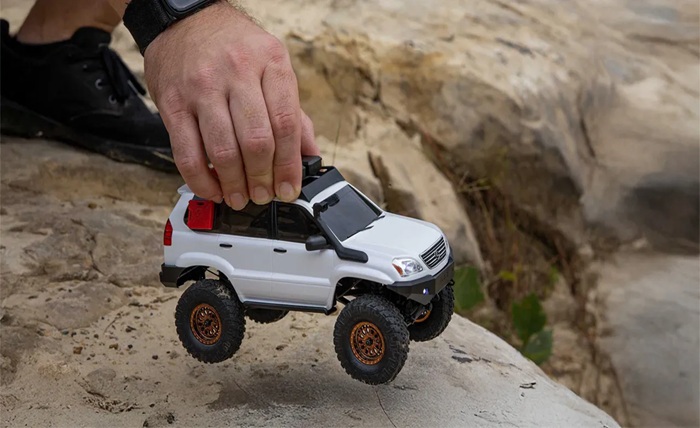Remote-controlled (RC) cars are a thrilling hobby that combines engineering, speed, and creativity. Whether you’re drawn to the excitement of racing or enjoy tinkering with gadgets, RC cars offer something for everyone. If you’re a beginner, diving into this world can feel overwhelming due to the variety of cars, parts, and accessories available. This guide will walk you through the essentials to get started on the right track.
Understanding RC Cars
RC cars come in two main types: electric and nitro/gas-powered. Electric RC cars are popular among beginners due to their ease of use and lower maintenance. They use rechargeable batteries and are quieter, making them ideal for indoor or suburban areas. Nitro or gas-powered cars, on the other hand, run on a special fuel and offer higher speeds and realistic engine sounds, but they require more maintenance and are best suited for outdoor enthusiasts.
Another important distinction is between on-road and off-road RC cars. On-road cars are designed for smooth surfaces, like asphalt or concrete, and are often faster and more precise. Off-road cars, such as monster trucks and buggies, feature larger tires and higher ground clearance, allowing them to tackle dirt, grass, gravel, and uneven terrain. As a beginner, off-road RC cars can be more forgiving when mistakes happen, making them a great choice to start with.
Choosing the Right RC Car
When selecting your first RC car, consider the following factors:
- Skill Level: Look for beginner-friendly models labeled as “ready-to-run” (RTR). These cars come pre-assembled and include everything you need to start driving.
- Durability: Accidents are inevitable when learning, so choose a car with a sturdy chassis and replaceable parts.
- Speed: While it’s tempting to go for the fastest car, slower models are better for developing control and avoiding costly crashes.
- Budget: Entry-level RC cars can range from $50 to $300. Remember that additional costs for batteries, chargers, or replacement parts may arise.
Many beginners find it convenient to purchase their first car from a reputable RC online store, where they can browse multiple models, read reviews, and compare prices without leaving home.
Essential Accessories
Once you’ve picked your RC car, you’ll need a few accessories to ensure smooth operation:
- Batteries and Charger: Most electric cars require rechargeable LiPo or NiMH batteries. LiPo batteries offer higher performance but need careful handling, while NiMH batteries are more forgiving for beginners.
- Spare Parts: Extra tires, suspension components, and gears can save your day when a crash damages your car.
- Toolkit: Small screwdrivers, pliers, and hex wrenches are essential for assembling and maintaining your RC car.
- Safety Gear: While not mandatory for casual play, wearing safety goggles is a good habit, especially with faster models.
Learning to Drive Your RC Car
Driving an RC car requires patience and practice. Start slowly in an open, obstacle-free area to get comfortable with steering, acceleration, and braking. Many beginners find it helpful to practice small circuits and gradually introduce obstacles to improve control and precision. Remember that RC cars don’t respond exactly like full-sized vehicles; minor corrections often make a big difference in handling.
Maintenance Tips
Regular maintenance will extend the life of your RC car and keep it performing at its best. After each session, clean the car to remove dirt, dust, and debris, especially from the wheels, suspension, and drivetrain. Check for loose screws and worn parts, and replace them as needed. For electric cars, monitor battery health and avoid overcharging or completely draining LiPo batteries. For nitro cars, clean the engine and fuel system after use.
Getting Involved in the RC Community
One of the most rewarding aspects of RC cars is the community. Joining local clubs or online forums can provide valuable advice, tips, and support. Many areas host RC car races or meetups, offering an exciting way to test your skills and learn from more experienced hobbyists. Watching tutorials and reviews on YouTube can also help you understand different models and modifications.
Conclusion
Getting started with RC cars is both fun and educational. By understanding the types of cars, choosing the right model, equipping yourself with essential accessories, and practicing regularly, you’ll quickly gain confidence and skill. Most importantly, enjoy the journey—each crash and repair is part of the learning process. With time and dedication, RC cars can evolve from a simple pastime into a lifelong hobby filled with speed, strategy, and creativity.




